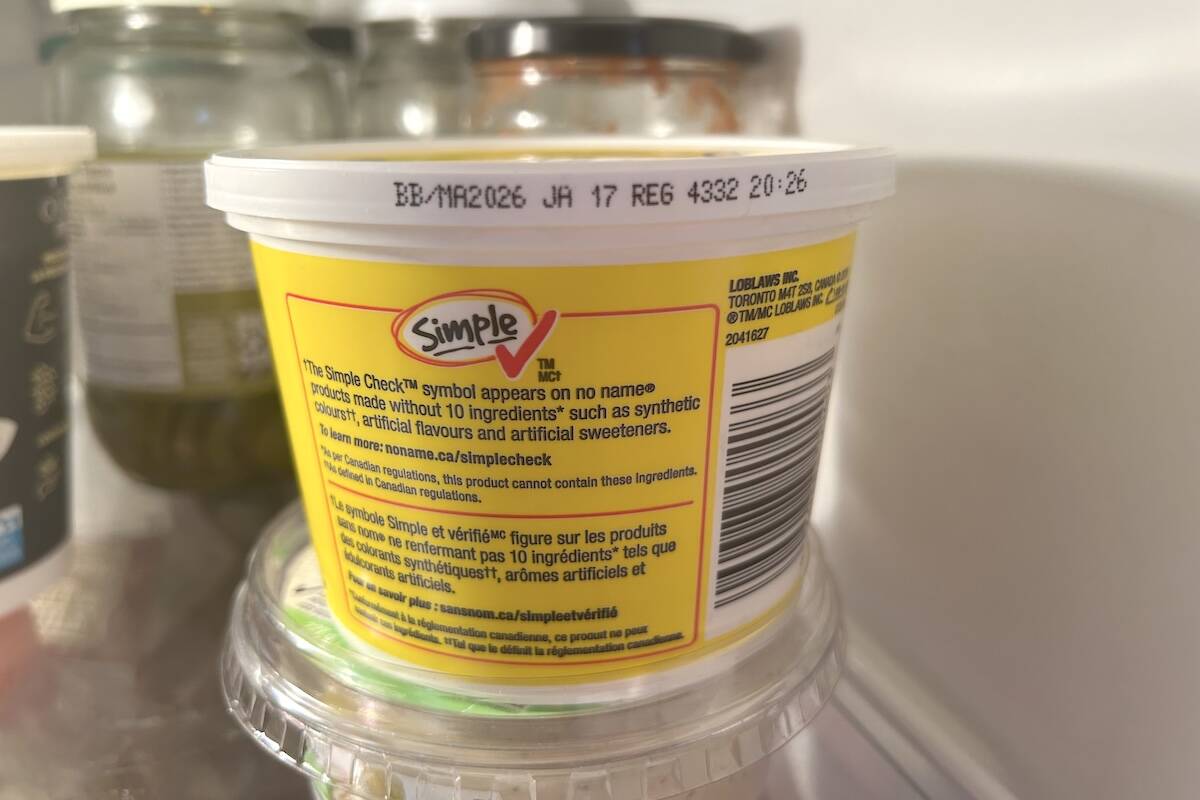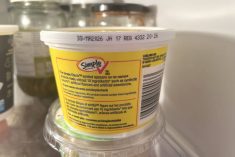The straw Red River Valley farmers burn in their fields could soon be burning in their half-ton engines instead.
An official with Shell Canada confirmed the fossil fuel oil company is looking across Western Canada, including Manitoba, for a site to build a cellulosic ethanol plant with its partner Iogen Corporation.
“Shell has committed to building a commercial-scale plant and at this point in time it’s just a matter of finding the best location,” Randy Provencal, Shell Canada’s downstream communications manager said in an interview April 13. “I don’t have a definitive timeline to say when it will be done.”
Read Also

Best before doesn’t mean bad after
Best before dates are not expiry dates, and the confusion often leads to plenty of food waste.
The plant will process at least 100,000 tonnes of straw a year and be able to process other primary feedstocks.
Company officials have been talking to southern Manitoba farmers to see how much straw might be available for a plant.
Provencal declined to comment on how much Shell would pay for straw, how it would be collected, or how far it could be economically transported. However, a plant somewhere in southern Manitoba would be good news for many reasons, namely job creation and providing area farmers with an alternative to burning it.
Red River Valley farmers have had hopes for straw-burning alternatives doused before. Several years ago a straw board plant at Elie failed despite the efforts of several different owners.
There’s much debate around ethanol production. While supporters say it reduces greenhouse gas (GHG) emissions and results in less air pollution, critics claim ethanol production requires almost as much energy as it produces.
Almost all the ethanol produced now comes from crops like corn or wheat that can be used as food for humans or livestock. And that’s controversial, especially with food prices rising, along with the world’s population.
But cellulosic ethanol is made from straw, corn stover and other plant biomass that isn’t food.
Iogen Corporation, which is owned part by Shell, operates a pilot cellulosic ethanol plant in Ottawa.
The process combines innovations in pre-treatment, state-of-the-art enzyme technology, and advanced fermentation technology, according to Iogen’s website.
The cellulosic process produces the same ethanol as when grains are processed.
“Because of this ability to produce both fuel and energy, the U.S. Department of Energy life-cycle analysis states that ethanol from cellulose reduces greenhouse gases by 90 per cent compared to gasoline,” Iogen’s site says. [email protected]















